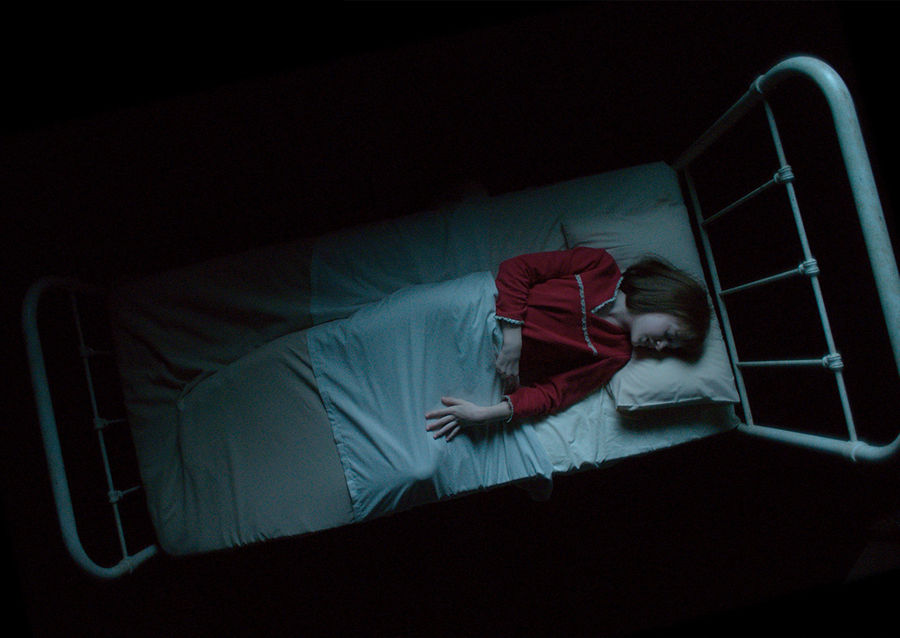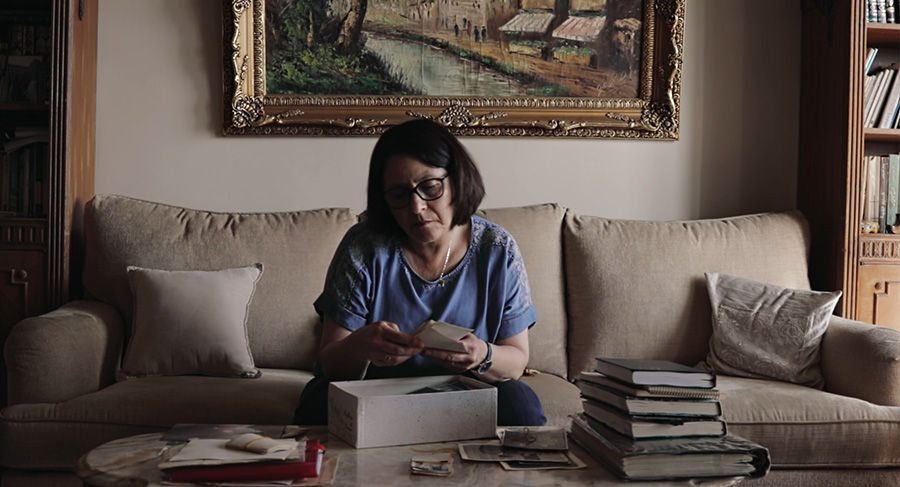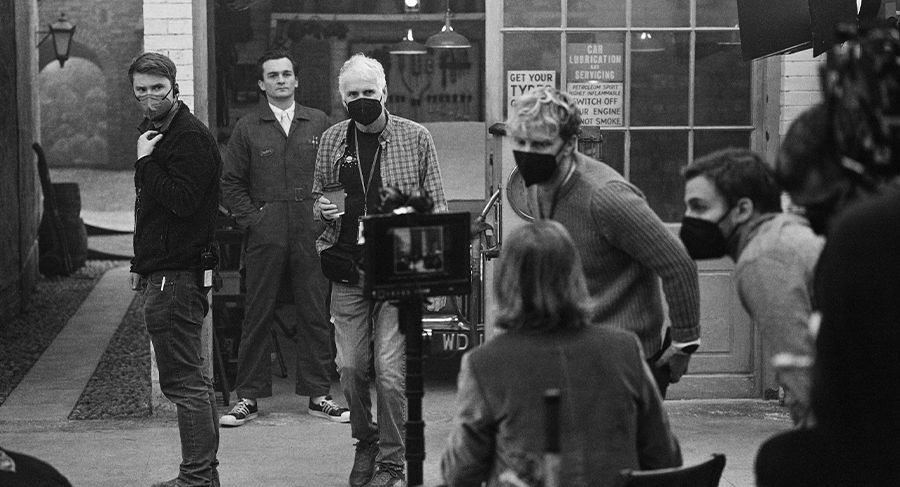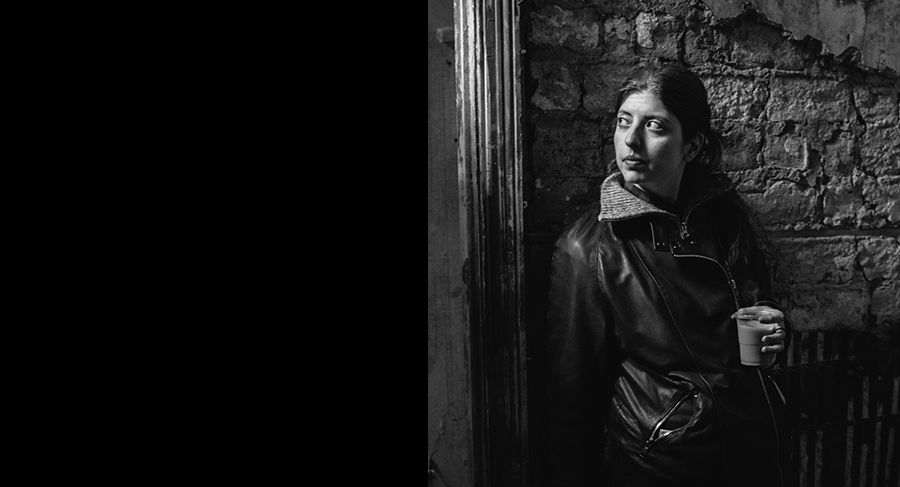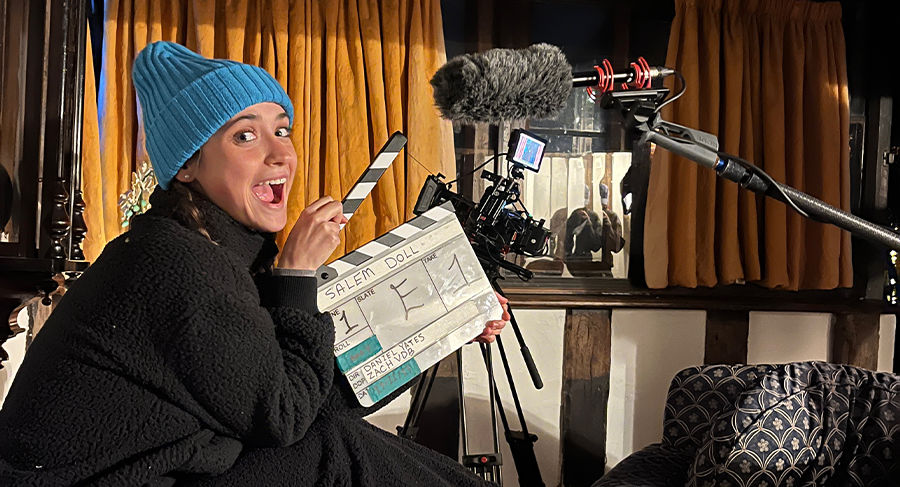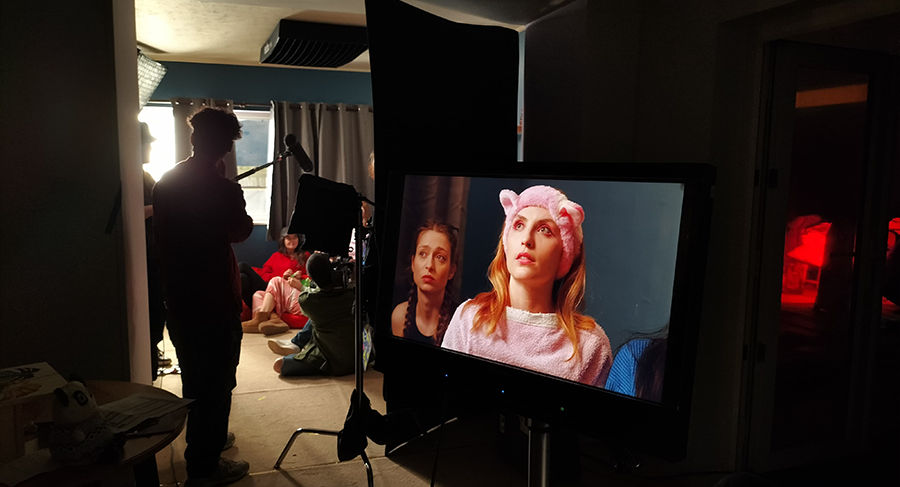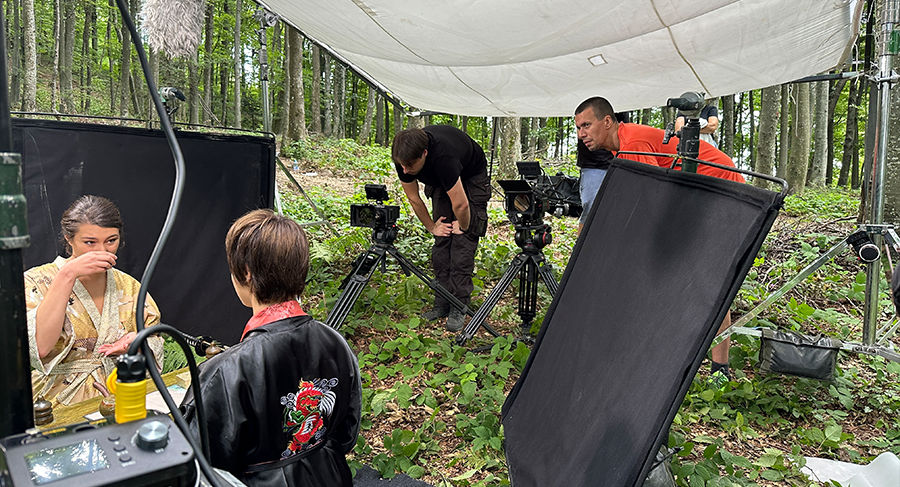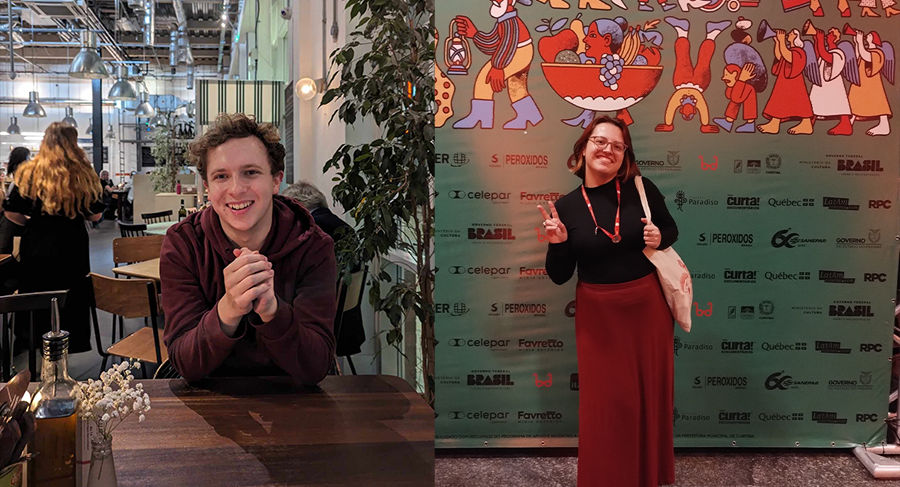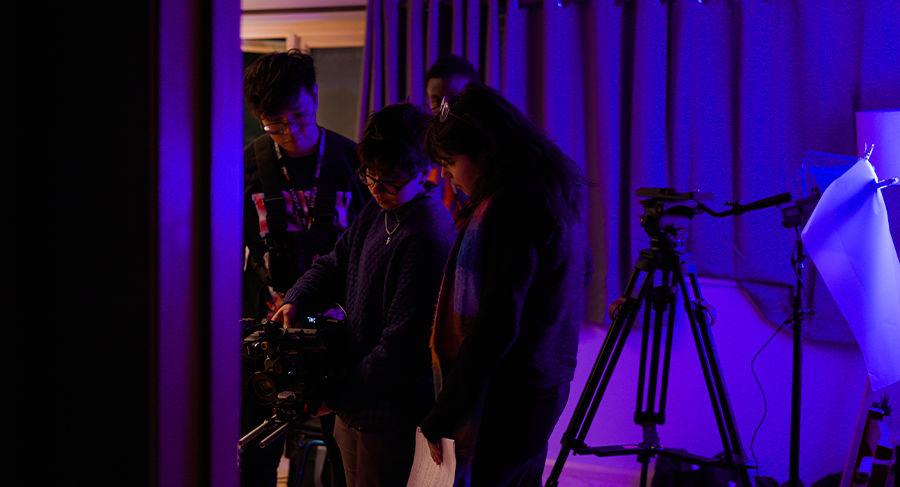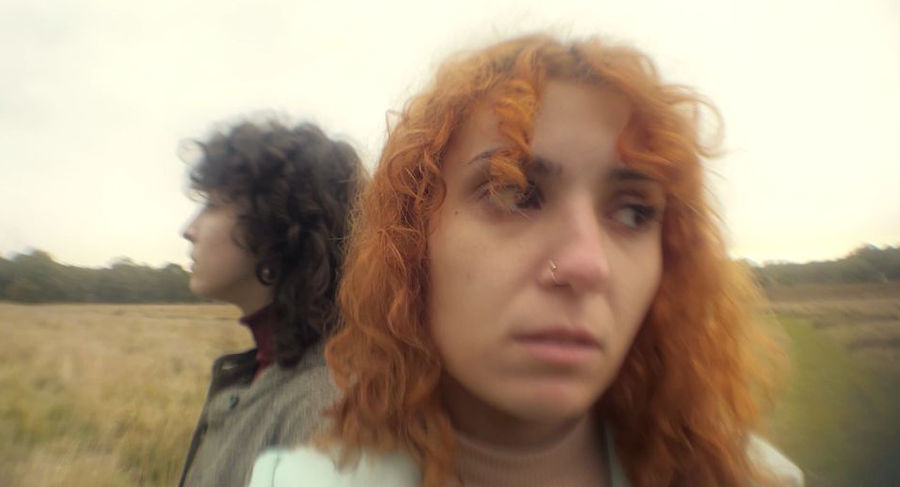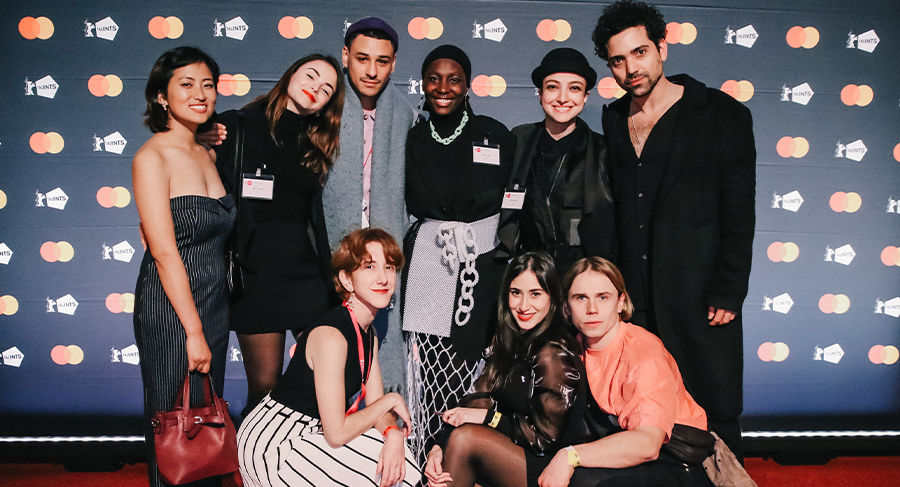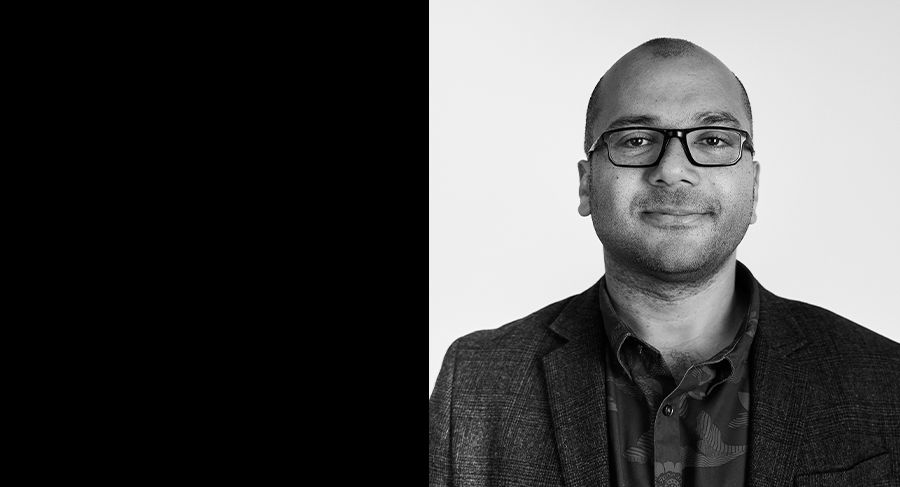Fiction, Factual & Recreation: Post Production with Andra Sascau
By Elise Czyzowska
09 May 2024
While studying MA Post Production at our London campus, Andra Sascau’s cohort were given a particularly unique assignment: to edit a portion of MetFilm Production‘s upcoming film, The Reason I Jump.
As Director Jerry Rothwell explains, ‘The Reason I Jump is a film about young neurodivergent people which particularly explored sensory perception. It required the students to think different aboutl the way they cut material – being more led by feeling than by verbal logic or narrative content’.
‘All of the students really embraced the task’, Jerry continued, ‘and Andra’s work in particular I thought was really innovative’.
After this experience, Andra went on to work with MetFilm Production as an Assistant Editor, including as 1st Assistant Editor on their latest Apple release, The Enfield Poltergeist.
In today’s blog, we caught up with Andra Sascau – as well as speaking to Jerry Rothwell, to learn more about the art of post production…
Firstly, when did you know that you wanted to work in post production?
I did a film production course at university where we learned about every stage of filmmaking – and post production attracted me the most.
I mostly enjoy the technical aspect of it: learning the software, and finding solutions to any problems in the workflow that arise.
And how did MA Post Production prepare you for this career path?
It taught me how to be more organised in my projects, and how to think like an editor about narrative and performance.
Most importantly, it also allowed me to explore and learn about other important jobs in post production, like Assistant Editor, Sound Designer, and Colour Corrector.
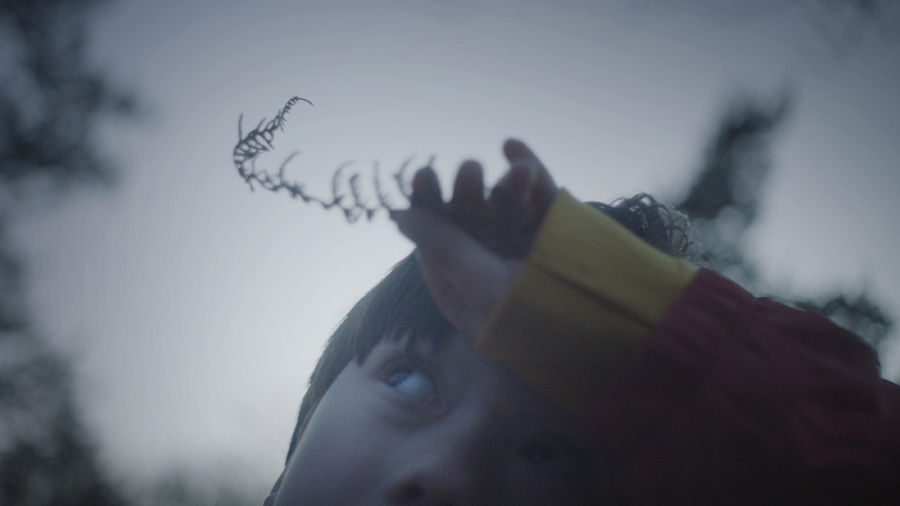
Working with MetFilm Production, you were 1st Assistant Editor on The Enfield Poltergeist. What does this position involve?
The main job is to ensure that the edit suite runs smoothly. Making sure the footage is properly organised and ready to be edited, identifying and solving any technical problems, and liaising with other departments – to name a few responsibilities!
The Assistant Editor needs to make sure that the editor can focus completely on making the story work, and not on technical issues – though I also got the chance to edit some scenes for the assembly edit, which was very exciting.
The Enfield Poltergeist is a unique blend of fiction, non-fiction, and recreated footage. How did this impact the editing process?
There were quite a few challenges, as no one’s really done something like this before. The edit had to be done twice – first with just the audio from the tapes, and then once the filming was done.
The audio also had to be prepped into scenes and rehearsed with the actors using earpieces that would feed the audio to them!
Usually, when editing a scene, the best takes are chosen based on the performance or edit flow – but here, we also had to consider lip syncing, which could limit our choices of take.
We then had to test a lot of the workflow, both before filming, and once the Sound Designer and Colour Corrector were on board. The main concern was that, since there were so many different ‘types’ of footage, there would be problems connecting them in the next stage of post. This was especially important since, a little unusually, we were a big production using Adobe Premiere Pro.
As Jerry Rothwell shared…
The post production route we take with our films has evolved over the years into a particular approach – for example, using Premiere Pro and multiple edit stations, with me doing quite a bit of the early cutting.
Andra has become the go-to person if you’re working in Premiere in that way, and then taking it into a grade and mix in a post production house.
She’s now got a really deep technical knowledge of the software and workflow – with all its foibles – born of experience.
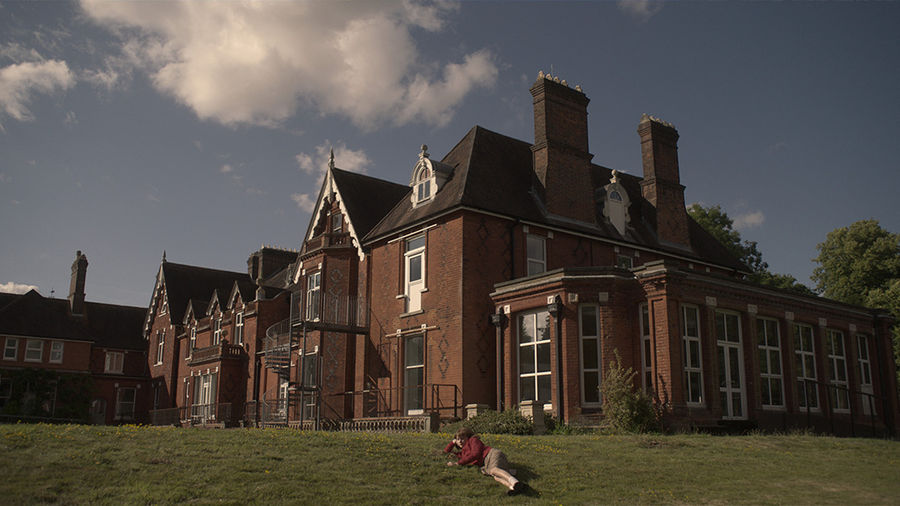
More generally, from your work with MetFilm Production, can you share any tips for approaching factual post production?
From a technical aspect, I think it’s important to understand all different video formats, especially when working with achieve.
It’s also important to have a good organisational system for the archive (a lot of spreadsheets were made!), and good communication with the archive producer.
If you’re an editor, get to know – and hopefully assist – editors who are cutting the kinds of projects you want to work on.
In documentary, there’s really no substitute for hands-on filmmaking – whether that’s shorts or features – as a way of building skills and reputation.
And finally, now working as a Junior Editor for Spirit Studios, do you have a favourite project that you’ve worked on?
My favourite has to be The Enfield Poltergeist, since it was not only the first ‘big’ production I’ve worked on, but also because of the amazing people involved. Everyone was very understanding of the fact that it was my first industry job, and they all took the time to guide and teach me whenever I encountered any difficulties in my task.
- Andra Sascau studied MA Post Production at MetFilm School London.
- Go BTS of The Enfield Poltergeist in this blog with BA Graduate & Actor, Max Lohan.
- Find out more about our sister companies: MetFilm Production, MetFilm Distribution, and MetFilm Sales.
